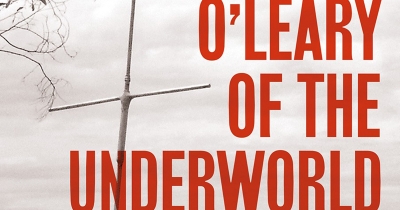Do not be put off by the earnest and fusty-sounding title. The Companion to Women’s Historical Writing is not a book to acquire for the reference shelf on the off chance of needing to look up some arcane topic in the future. Quite the contrary. I have found it to be a most enjoyable bedside companion. Arranged alphabetically, with more than one hundred and fifty entries, it offers thumbnail sketches for a quick dip and more substantial essays to hold the attention in a longer engagement. The three editors, like most of the other fifty or so contributors, are distinguished writers in their own fields. Mary Spongberg, at Macquarie University, is the editor of Australian Feminist Studies; Ann Curthoys, from Sydney University, is a doyenne of Australian cultural and political history; and at Monash, Barbara Caine is a leading scholar of nineteenth- and twentieth-century British history. Drawing on their own research fields, each has provided long and lively analytical pieces, as well as writing a great many of the shorter entries. With some six hundred pages, plus another hundred when the index and bibliography are included, the Companion is a good fat book that will not sell the reader short. The new paperback edition has presumably been issued as a consequence of the success in the last five years of the expensive hardback.
...
(read more)






